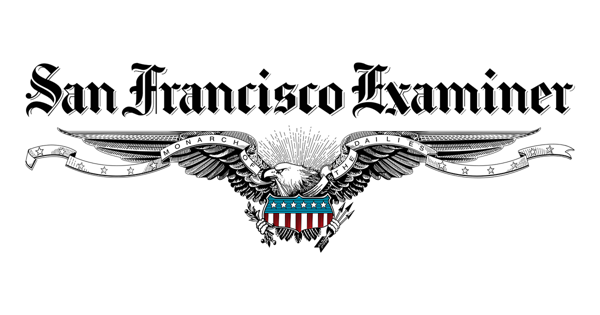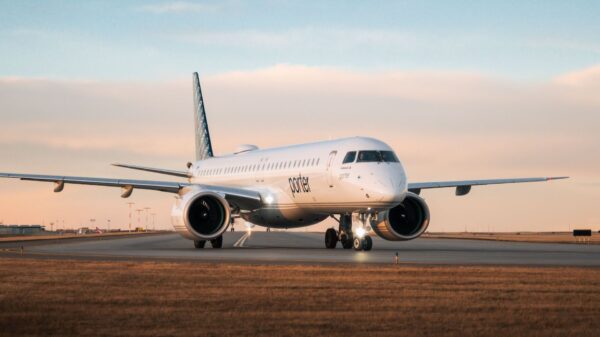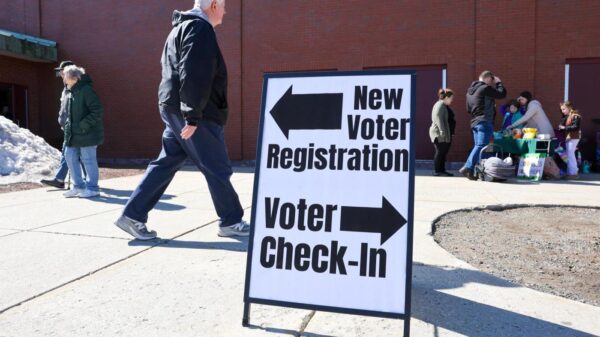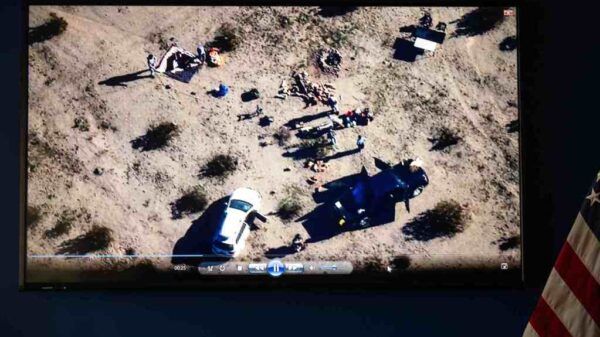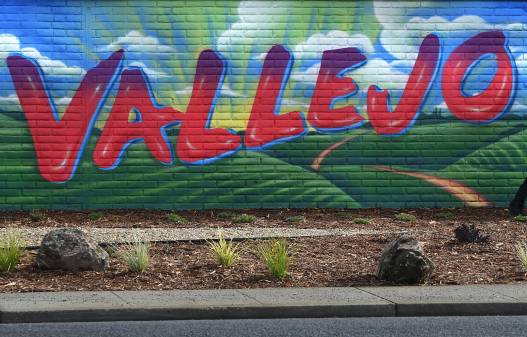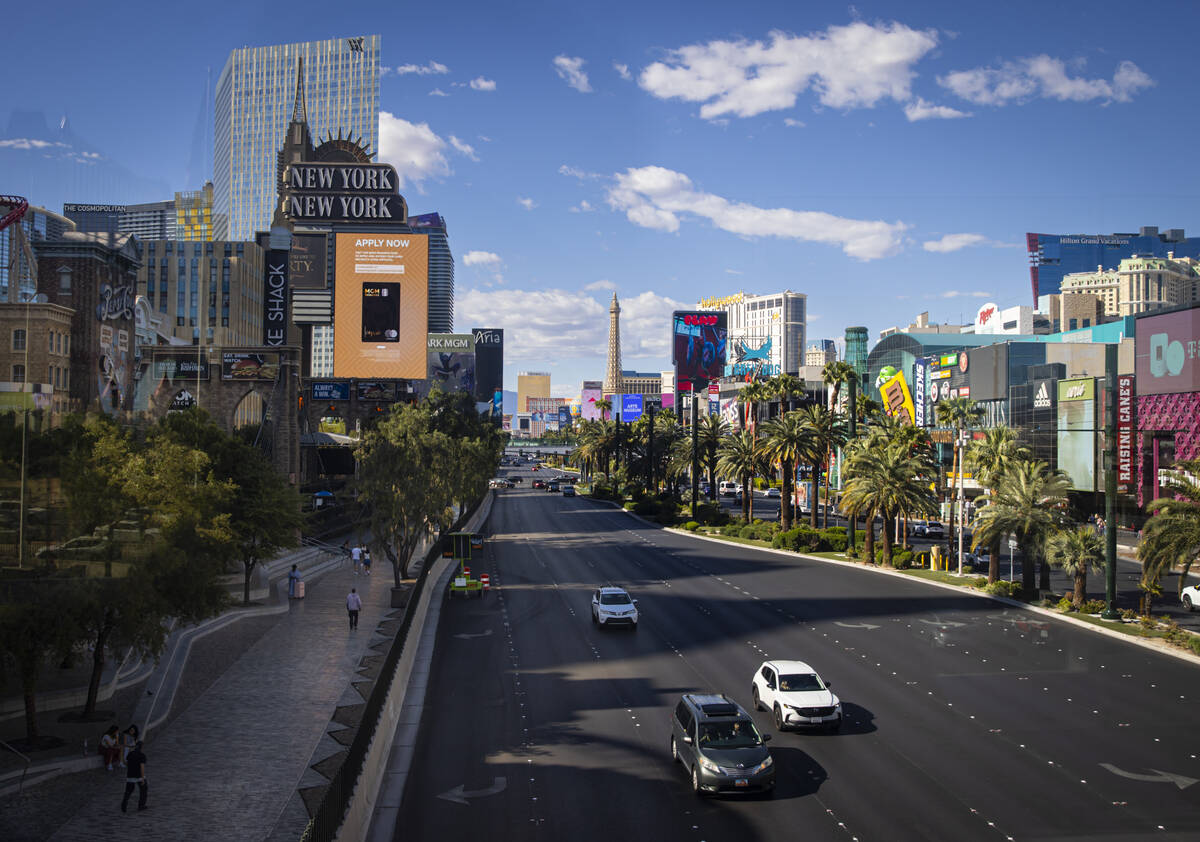Tourism in Las Vegas is experiencing a significant downturn, with a notable decline in Canadian visitors. Various factors contribute to this trend, including the current exchange rate and rising costs associated with travel in the city. The exchange rate for converting Canadian dollars to U.S. dollars stands at approximately $1.3787 to $1, rendering the Canadian dollar worth between 60 and 70 cents after conversion fees. This unfavorable exchange rate has made Las Vegas a less attractive destination for many Canadians.
Several issues are exacerbating the situation, including rising expenses for basic items. For instance, a bottle of water in Las Vegas can cost as much as $26. Additionally, hotel mini-bars are often equipped with sensors that automatically charge guests for items merely moved, creating frustrations for visitors. These rising costs may deter potential travelers, particularly those from Canada, where the purchasing power has diminished significantly.
Political and Economic Influences
Political tensions have also played a role in shaping tourism trends. Some analysts suggest that former President Donald Trump‘s policies and rhetoric have created an antagonistic atmosphere for Canadians, further driving down visitation rates. While this claim has some merit, it is essential to recognize that the current economic landscape, including the exchange rate, serves as a critical factor in the decision-making process for potential tourists.
The introduction of pay-for-parking systems, often referred to as “event pricing,” has added another layer of complexity to the travel experience in Las Vegas. Such pricing models can lead to unexpected costs for visitors, particularly those who may be unfamiliar with the system. As Las Vegas continues to adapt to changing visitor demographics, addressing these concerns will be vital for sustaining its reputation as a premier tourism destination.
Future Projections and Strategies
To revitalize tourism, stakeholders in Las Vegas may need to consider strategies that cater specifically to Canadian visitors. This could include promotional offers that offset costs or initiatives aimed at enhancing the travel experience. Understanding the unique challenges faced by international tourists will be crucial in reversing the current trend.
As Las Vegas navigates these economic challenges, a concerted effort from local businesses, hotels, and tourism boards will be essential. By addressing both the financial and experiential aspects of visiting the city, Las Vegas can work toward regaining its status as a top destination for travelers from Canada and beyond.





